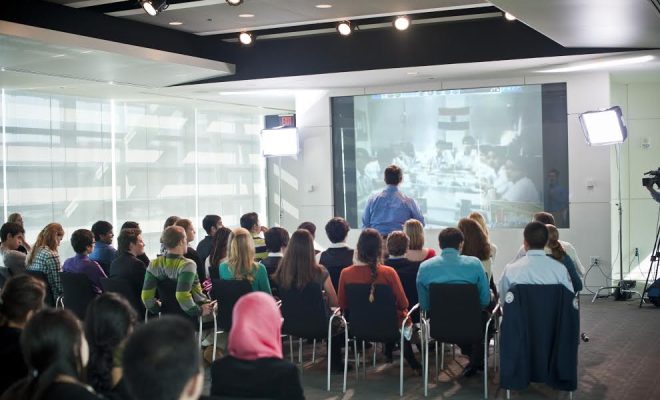Pass or Fail: Thoughts on Intervening Early and Often

In this multi-part series, I provide a dissection of the phenomenon of retention and social promotion. Also, I describe the many different methods that would improve student instruction in classrooms and eliminate the need for retention and social promotion if combined effectively.
While reading this series, periodically ask yourself this question: Why are educators, parents and the American public complicit in a practice that does demonstrable harm to children and the competitive future of the country?
How challenging do you imagine it is to create a program inclusive of early intervention and special-education supports?
Reconciling the different needs of special education children with “normal” or “gifted” students is sometimes inflammatory. “Special education” has acquired the status of a stigma because of fears and misunderstandings of education and its possibilities.
The efforts to standardize education and students, have not created a culture of acceptance for those who learn differently or who have specific disabilities that impact their learning. Thus, one of the major benefits of a multiage, student-centered learning model for public education is the possibility that all students, whatever their intellectual assets or liabilities, can be helped to reach their full potential. The objective is that students learn within a common classroom, and ultimately, are molded into caring human beings for a productive life.
Inclusive Classrooms
Inclusion, all students in a common classroom, would be that much easier in a multiage learning environment, and for precisely the same reasons that multiage classrooms benefit children and teachers with a background of traditional schooling. In a multi-age learning environment, there is less anxiety associated with the school experience because both student and teacher know they have the opportunity to develop meaningful, durable relationships. At the same time, teachers know that they will have the time and opportunity to learn the requirements of their special needs students.
Research has overwhelmingly supported the notion that early intervention – and the earlier, the better – is the key to helping exceptional students achieve school-readiness and strategies for success. The early intervention model proposed here not only embraces that principle but seeks to celebrate it as a focus of collaboration between those responsible for the early interventions (preschool-age interventions) and the schools, which take charge as a child transitions to school-age programming.
Collaborative Efforts
Promoting collaboration as well as early and frequent interventions is a strategy that builds community support for education, and for public education specifically. It seeks to emphasize the need for supports across all settings and the benefits for that comprehensive support model. The strategy eliminates the need for children to be segregated based on special needs. Rather, the only streaming that should be practiced would be based on academic abilities and learning preferences. Schools could easily support the streaming of groups with certain abilities without targeting students with special needs.
Student-Centered Focus
A student-centered focus allows for a flexible and ethically sound approach to supporting students with exceptional needs, whatever they may be. While it is well established in law, for instance, that there can be no discrimination against students based on a variety of factors, including age, family background, disability, and economic status, the reality is that there is at least indirect discrimination within our education system. School-district funding is highly competitive, and there are certain districts around the country that essentially act without regard for the best interests of students or higher principles of equality established by law.
In the current system, the “politics” of public education can be detrimental to the needs of exceptional students, and very often is. The problem is largely the result of the emphasis on test-taking and on increased levels of support for schools that test well. Of course, supporting students to produce exceptional results in standardized tests is not the domain of specialized instruction. The realm of that educational model is to support students to ensure that they can obtain an education – free, appropriate, and minimally restricted.
The proposed model of frequent and intensive interventions, especially in the early years, allows for a focus on quality education beyond such false parameters as tests. The emphasis can be placed on skills for learning, rather than static knowledge. This allows that students may learn best throughout their careers if they are supported in the development of solid reasoning skills, critical thinking skills, and a range of fundamental skills that relate to actual function within the school environment.
Can you imagine if the proposed model of intensive interventions were the norm for American children? How much better off would our education system be if we were able to effectively address delays and disabilities prior to children entering elementary school?






